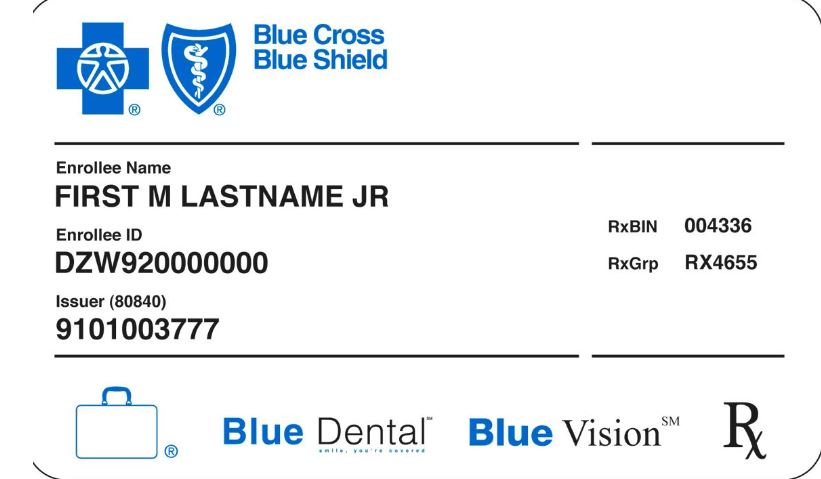How do insurance representatives get paid? While there are a number of misconceptions about the life of an insurance agentthis is a question that shows up more times than not. In truth, if you perform a Google Look for "how do insurance coverage representatives earn money?" you will see roughly 336,000,000 results. On a monthly basis you have to pay that dreadful insurance premium, and each month you question if there is any way to save. Then it strikes you are you paying a middle male for nothing? Does having an insurance coverage agent increase your premium? The brief response is no, but in this article, we will discuss: If you have any other questions, you can Contact United States for responses.
You do not pay insurance representatives straight - How much is life insurance. Rather, each time you make a premium payment, the insurance coverage carrier pays the set commission rate to the agent or firm. Just how much an insurance coverage representative earns money varies considerably. So, you need to be questioning just how much of your premium goes to your representative's firm. Well, it varies from one state to another, provider to carrier, policy to policy, and often even representative to agent. Nevertheless, in North Carolina, commission varieties tend to start around 5% and can go up to around 20%. The typical commission to a company is approximately 10%. For instance, if your monthly insurance coverage premium is $100 per month, chances are your firm is receiving about $10 each month as their commission for your policy.

So, as you can see, your agent or agency isn't getting rich off your policy. They rely more on having many clients rather depending on a few for their month-to-month net earnings. Having an insurance coverage representative does NOT adversely impact your insurance premium. Individuals typically ask, "If I do not have an insurance agent, can I save 10% off my premium?" In spite of what big online insurance companies, like Geico and Progressive, would like you to believe, that 10% is still going in other places. Rather of paying agents to go over options with you, those online insurance companies put that cash into marketing. Thus, the unlimited commercials and online ads you're bombarded with every day.
The only distinction is where the funds are allocated. So, https://www.nashvillepost.com/business/development/commercial-real-estate/article/21080797/williamson-timeshare-exit-business-fights-for-credibility-in-murky-industry the genuine question is what has more worth: 10% going to an insurance coverage agent that can tailor a strategy for you and your family, or a basic application on an insurer's site you saw an advertisement on TELEVISION for? The big companies focus their cash on advertising, whereas the independent insurance coverage companies focus their money on representatives that can help you comprehend insurance coverage much better. Eventually, a skilled, caring insurance representative is most likely to conserve you more cash in the long run than the few dollars an online insurer saves you.
Some representatives do make benefit money from their carriers if they have a "lucrative year." What does that mean? Well, the task of the agent is to head out and find insurance clients who are great risk, which means they are less likely to have claims. At the end of a year, if an insurance coverage representative's claim figures with a provider are under a specific loss percentage, the carrier shares some of their revenues with the agent. Does that suggest an insurance representative doesn't desire you to file a claim, or may even recommend you against it? After all, you filing a claim could impact their reward.
And the truth is, only truly big claims would ever impact that agent's benefit and no agent would ever advise you not sue for a big loss you experience. Doing so would be blatantly bad recommendations, not to discuss clearly unethical. So, if a representative is advising you not to sue, it is generally because that is their honest, ethical suggestions for your best interest. As you can tell, at ALLCHOICE, we think in openness and straight-forward conversations about insurance coverage. If you desire to better comprehend your insurance coverage choices, we are here to assist. We are a local, North Carolina insurance agency.
How Much Is Travel Insurance - The Facts
Settlement Best Practices Report, From payment planning to variable pay to pay equity analysis, we surveyed 4,900+ companies on how they handle payment.

If you look at ads for insurance coverage representatives and manufacturers, you might get hung up on the word commission. When your income is connected to just how much you offer, responding to a question as basic as "How much do insurance representatives make?" can be more complicated than what task boards may tell you. Some may even consider it daunting to describe. For those who are puzzled or daunted by commission, we break it down below. Let's say one of your customers provides a form of coverage you use to its employees, and 12 employees decide in. Using easy numbers for example purposes, let's say protection expenses each worker $5 a week, gotten of his/her weekly income, so each worker pays $260 per year.
Let's state your commission rate on these policies is 30%, so you would receive $936 that year, just for those 12 people. Because an insurance coverage agent's salary is on a commission basis, it actually is up to each representative to determine what his or her yearly income target is. Utilizing the previously discussed example numbers at that selling activity level weekly for a year, the agent might generate over $48,000 in commissions in his/her first year. Aflac recruiters consider this a reasonable goal that a first-year agent working full time might achieve. Those who desire to earn more can increase their activity levels to satisfy their individual earnings goals.
First-year Aflac representatives who hit every perk benchmark wind up earning $13,700 in bonus offers alone. But even first-year representatives who do not strike every benchmark have ample The original source reward potential. For instance, you open 2 new accounts totaling $15,000 in annualized premiums within your very first eight weeks, you will earn a $1,200 bonus offer. 1 Aflac likewise provides an unique benefit because, unlike lots of other commission structures, representatives are paid part of their commission as quickly as coverage is issued. What is gap insurance. That means you don't have to wait up until an insurance policy holder really begins spending for protection prior to you see money in your account.
However the longer you're a representative, the greater your income potential, typically speaking you'll improve at your work, you'll start getting referrals and your existing clients may grow. Just like your very first year, just how much you sell determines just how much you make. So if you desire to decrease to concentrate on other parts of your life, you can do so and if you want to floor the gas pedal, you can do that too. However if you deal with a carrier that pays renewal commissions, the amount an insurance representative can make per policy can get a little sweeter.